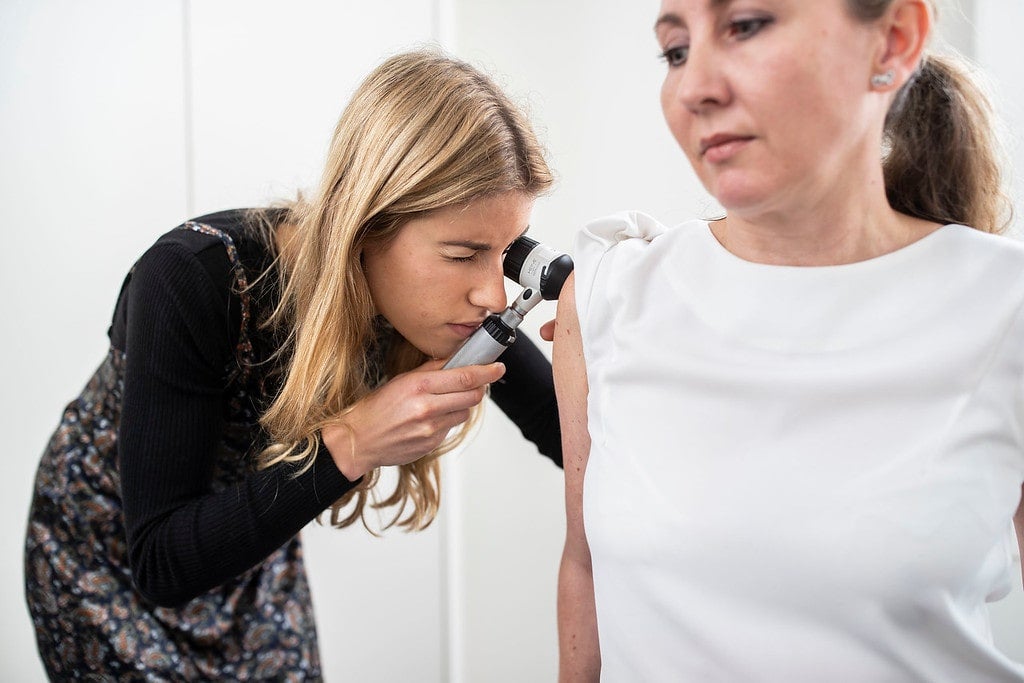Blog
When it comes to skin cancer, early detection is the key
November 17, 2013

Over 44,000 Australians will be diagnosed with melanoma in the next three years. That's a frightening statistic, and there is only one thing I can't help but wonder- how many will be picked up too late?
As a dermatologist at RPA, I often see patients who neglected to check their own skin, even though they knew their skin type, occupation, outdoor lifestyle and family history meant they were at high risk of skin cancer.
I know only too well how hard it can be to tell a patient bad news. I also know how different the prognosis of the patient with metastatic melanoma could have been, if only their melanoma had been detected early. The result of late detection is often devastating, leaving grieving widows and parentless children.
Two in three Australians are diagnosed with skin cancer by the age of 70 and around 2000 Australians die of skin cancer each year. The evidence is clear - men over 45 are at the highest risk. Yet, they're the demographic least likely to check their skin for changes.
This National Skin Cancer Action Week I have a simple message - Australians, you CAN prevent yourself and your loved ones from becoming a skin cancer statistic.
If a doctor asked you to spend 5 minutes to check your blood pressure or blood sugar every day, you would do it, wouldn't you? Then why is it that people neglect the health of their largest organ? When detected early, skin cancers are usually treatable, even thin melanomas. Spend ten minutes less watching sport or browsing the internet and use it to check your skin instead. You could save your own life.
You know the ABCD of melanoma detection; the information is everywhere. Skin checks are simple and it helps to ask a partner to check "hard-to-see" places such as back, neck and behind the ears. If there is any change, or you just aren't sure, don't delay; see your medical practitioner immediately.
In summary:
Protect the skin you have - slip, slop, slap, seek and slide
Get to know your skin now
Examine your own skin regularly
Detect change at an early stage and see your doctor immediately
Treat early
Don't let a skin cancer get out of hand and spread to other parts of your body
Aim for total cure by detecting and treating early
Come on Australia, let's get those skin cancer death rates down by preventing skin cancer and detecting it early. So start your check right now and ask your partner to help. Check each other out.
Tags
